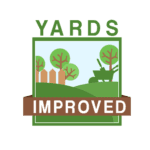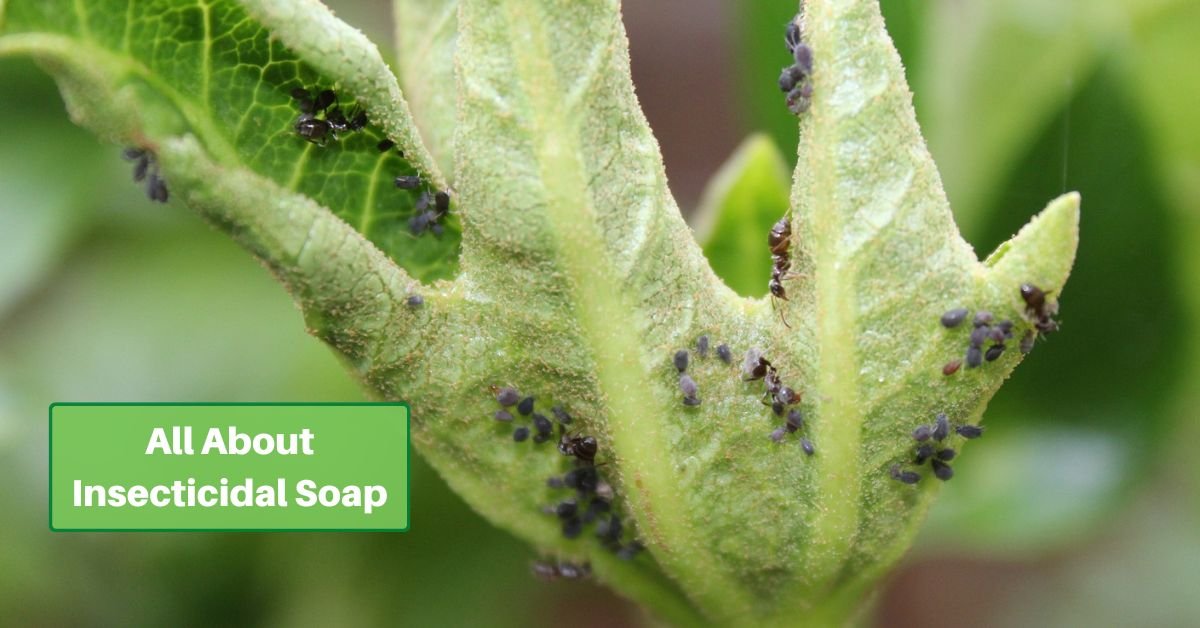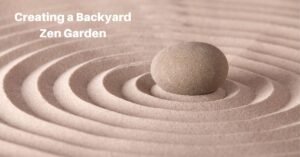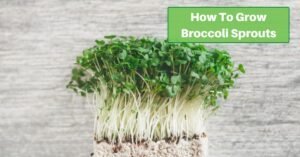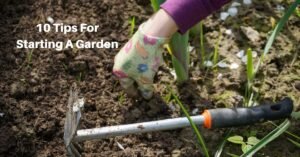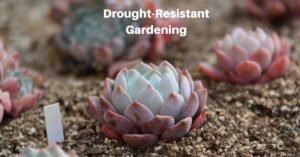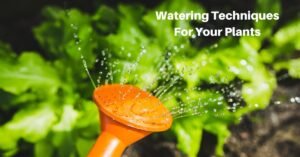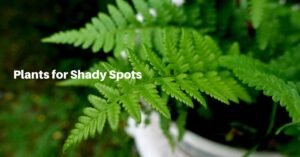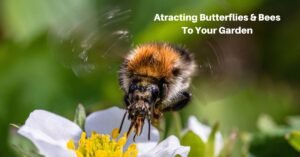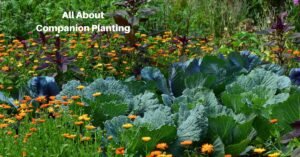When it comes to gardening and plant care, one of the most common difficulties is dealing with pesky insects that can wreak havoc on our beloved plants. There are various methods to combat these unwanted garden visitors, and one effective and environmentally friendly option is insecticidal soap.
In this article, we’ll explore what insecticidal soap is, its safety, and how to use it to protect your gardens and plants.
Understanding Insecticidal Soap
Insecticidal soap is a plant-friendly solution designed to control and manage soft-bodied insects like aphids, mealybugs, spider mites, and whiteflies that often infest gardens and indoor plants. Since it’s relatively harmless to humans, animals, and beneficial insects like ladybugs and bees but targets these pests, it’s a great addition to your arsenal to defend your garden.
This soap is normally made from naturally derived fatty acids, such as potassium or sodium salts of fatty acids. These fatty acids disrupt the cellular membranes of insects, causing them to dehydrate and ultimately die.
Insecticidal soap is often preferred over chemical pesticides because it has a lower impact on the environment and poses fewer risks to other creatures or plants.
Is Insecticidal Soap Safe?
One of the advantages of insecticidal soap is its safety for both your plants and the environment. When used correctly, it’s a low-risk option for pest control. Here are some key safety points to keep in mind:
Non-Toxic
Insecticidal soap is non-toxic to humans, pets, and most beneficial insects. It breaks down rapidly in the environment, minimizing its impact.
Residue
Unlike some chemical pesticides, insecticidal soap leaves little to no harmful residue on plants, making it safe to consume fruits and vegetables after application. Just be sure to rinse them thoroughly first.
Avoiding Harm
To ensure safety, apply insecticidal soap during periods when beneficial insects are less active, such as early morning or late evening.
Testing
Before widespread use, it’s a good practice to test a small portion of your plants to ensure they do not have adverse reactions to the soap.
Buy Insecticidal Soap From Amazon
Using Insecticidal Soap in Your Garden
Using insecticidal soap effectively in your garden calls for proper application and attention to detail. Here’s a step-by-step guide on how to use it:
Identify the Pest
First, identify the specific pest or pests that are infesting your plants. Different insects may require different treatments, so accurate identification is crucial.
Preparation
Mix the insecticidal soap solution according to the manufacturer’s instructions. In general, you’ll dilute a few tablespoons of soap in a gallon of water. Use a clean spray bottle or a garden sprayer to apply the solution.
Application
Thoroughly spray the affected plants, ensuring you cover both the tops and undersides of leaves, where many pests hide. Be sure to target the pests directly, as the soap needs to come into contact with them to be effective.
Repeat as Needed
Depending on the severity of the infestation, you may need to reapply the soap every 7-10 days until the problem is under control. Always follow the label instructions for reapplication.
Avoid High Temperatures
Try to apply insecticidal soap during cooler parts of the day or when the sun is not directly on the plants to prevent leaf burn.
Monitor Your Garden
Regularly inspect your garden for signs of pest resurgence. Early detection and action can keep a minor problem from becoming a major one.
Safety Gear
While insecticidal soap is safe for humans, it’s a good idea to wear gloves and eye protection when handling and applying it to avoid skin or eye irritation.
Benefits of Using Insecticidal Soap
Insecticidal soap offers several benefits for gardeners and their plants:
Effective Pest Control
Insecticidal soap is highly effective against a variety of soft-bodied pests, helping protect your plants from damage.
Environmentally Friendly
Since it has a lower impact on non-target organisms and the environment, it’s more eco-friendly than chemical pesticides.
Safe for Beneficial Insects
Unlike many chemical pesticides, insecticidal soap doesn’t harm beneficial insects like ladybugs and bees, which play crucial roles in pollination and pest control.
Minimal Residue
The soap leaves little residue on plants, making it suitable for edible crops once they have been rinsed.
Reduces Pesticide Resistance
By using a different mode of action compared to chemical pesticides, insecticidal soap helps minimize the risk of pests developing resistance to harsher treatments.
Insecticidal soap is a valuable tool for gardeners seeking a safe and effective way to control common garden pests. With its minimal impact on the environment, safety for humans and beneficial insects, and ease of use, it’s a leading option for many gardeners. Be sure to follow the proper application techniques and safety guidelines and enjoy a pest-free garden while keeping your plants healthy!
